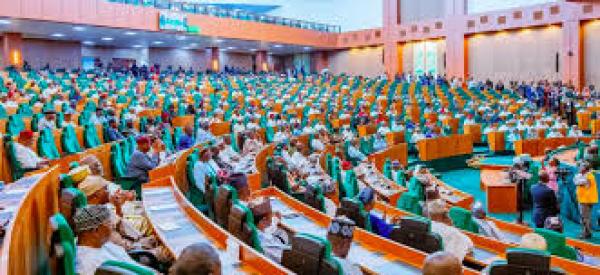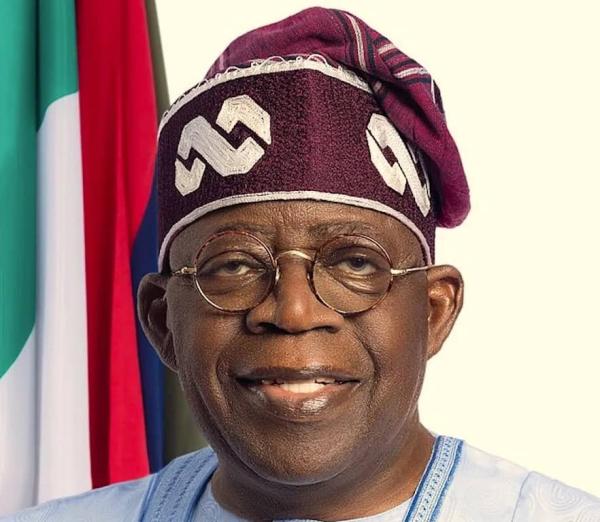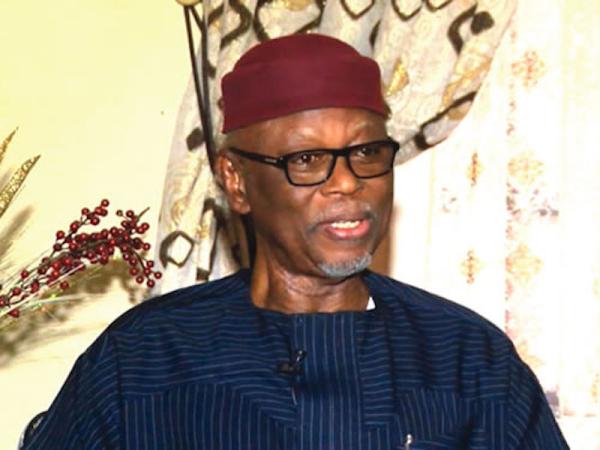
The House of Representatives is moving to strengthen the protection of Nigerian children from online abuse and harmful material as lawmakers deliberate on the Child Online Access Protection Bill, 2024.
The proposed law, introduced by Rep. Olumide Osoba (APC, Ogun), aims to establish a robust legal framework to regulate children’s use of the internet, shield them from digital exploitation, and make online service providers liable for breaches.
During an interactive session on the bill at the National Assembly, Rep. Osoba noted that the draft legislation has successfully gone through key stages in the House and will soon be presented for final approval.
“The bill was first read in 2023, and we held a public hearing in the first quarter of 2024. The report was laid just yesterday, and consideration was meant to take place today. By the grace of God, on the next legislative day, we’ll consider it and move it to the Senate for concurrence,” Osoba stated.
He disclosed that several advanced countries, including Australia, the United Kingdom, Ireland, and Brazil, have enacted similar child online protection laws. According to him, Nigeria aims to become the first African country to pass such a law, demonstrating its commitment to digital safety and child rights.
To ensure effective enforcement, Osoba outlined that the bill proposes the creation of an E-Commissioner—a department within the Ministry of Communications, Innovation, and Digital Economy—which will serve as a watchdog for the online space.
“The e-commissioner will be responsible for monitoring violations and instructing service providers to remove harmful or infringing content. Non-compliance will attract fines and possible jail terms,” he disclosed.
Under the proposed law, corporate offenders face fines of up to ₦10 million, while individual offenders could pay ₦5 million or face imprisonment.
The lawmaker explained that existing agencies such as the Nigerian Communications Commission (NCC) and the National Information Technology Development Agency (NITDA) would collaborate with the new department to ensure effective implementation.
In addition, the bill’s progression was initially delayed due to adjustments required to align with the federal government’s new tax laws, especially concerning a provision mandating service providers to contribute part of their profits toward online safety initiatives.
“The process of lawmaking takes time and wide consultation. This is one of the earliest bills of the 10th Assembly, and it has gone through due diligence,” he said, urging the media and the public to support advocacy for the bill’s passage.
If passed, the Child Online Access Protection Bill will establish Nigeria’s first dedicated framework to regulate children’s exposure to online content and ensure accountability in the country’s growing digital ecosystem.






















